Hou Hsia Hsen won the Best Director and Best Soundtrack awards from the Cannes Film Festival and swooped up the Taiwanese Golden Horse Awards, winning five, including those for Best Director, Best Feature Film and Best Cinematography. Moreover, the reviews from all over the world were almost exclusively dithyrambic, with the majority stressing that he invigorated the wuxia genre and characterizing it a masterpiece. Is that the case though? And how much of wuxia is “The Assassin” actually? Let us take things from the beginning though.
The story takes place in 8th century China, a time of great upheaval that resulted in the dethronement of the Tang dynasty. The central character of the story is Nie Yinniang, who was kidnapped by a nun named Jiaxin, when she was ten years old. Jiaxin trained the girl into becoming a terribly efficient assassin, subsequently unleashing her upon corrupt government officials. Unfortunately for her, Yinniang proves not to be as cruel as she seems, when she finds her last target along with his kid son and refrains from killing either of them.
Jiaxin is infuriated by the girl's act and forms a plan, in order to wipe any trace of compassion remaining in Yinniang. Accordingly, she sends her to Weibo, her birthplace, to assassinate the governor, Lord Tian, in order to plunge the already restless area into chaos. However, the particular target is also a cousin of Yinniang's and the one she was betrothed to, prior to her kidnapping, in a union that was supposed to bring calmness in Weibo. Despite her clear orders, the assassin hesitates once more.
In terms of technique and aesthetics, Hou Hsiao Hsen and his cinematographer, Mark Lee Ping Bin proved once more that they are masters of their respective roles. The result of their prowess is a stunning film that excels in terms of cinematography, set design and costumes. Hsien implements his characteristic long and lengthy shots, whose purpose is to depict in detail the natural environment the story takes place, and a series of retro fade-outs. Moreover, the pace is slow as always, the dialogues scarce, the minimalism evident and the attention to detail at its utmost, from a director who is characterized by his obsession with the picture itself.
The result of the above however, was the most expensive and most time-consuming film by Hsien, since it cost about $15 millions and took five years to complete
In terms of content, the characteristics of Hsien's cinema appear once more, with the complex though minimalistic structure and the plethora of flashbacks that appear in unsuspected moments, while the story unreels. For the first time in his filmography, he deals with matters of politics and intrigue, and the conspiracies that took place in the palace at the time, although his distinctive symbolism is evident once more. Additionally, the tragedy that regularly characterizes his heroes is presented through the character of Yinniang, who tries to dance around the things she has learnt and her actual feelings, a fact that brings her in a very difficult position.
However, the main trait of the wuxia genre is the many and impressive battles, an aspect that is obviously void from “The Assassin”, since the action scenes are few, brief and at times look like they were interrupted before they were completed. The sole part that reminds of the actual genre is a battle on the rooftops, in one of wuxia's most characteristic motifs. Nevertheless, in terms of pure depiction, they are as elaborate as the rest of the film.
The actors speak rarely and try to express their feelings and thoughts through body language and facial expressions. However, the scarce dialogue is characterized by great theatricality, according to the notions of how the aristocrats of the era were actually speaking. The protagonist does not partake in this specific aspect, since she speaks even less than the rest of the cast.
In the protagonist roles, we find gorgeous Shu Qi as Yinniang, Chang Chen as Tian Jian and the Japanese Takeshi Kaneshiro in a key role as mirror polisher. The acting however, has a secondary role in Hsien's cinema, with the main one belonging to the image. In that fashion, the cast is utterly functional, without however, making an impression apart from their actual appearance.
Overall, “The Assassin” is a gorgeous film, artfully structured that bares however, little resemblance to the wuxia genre, apart from the era it takes place.
The trailer:


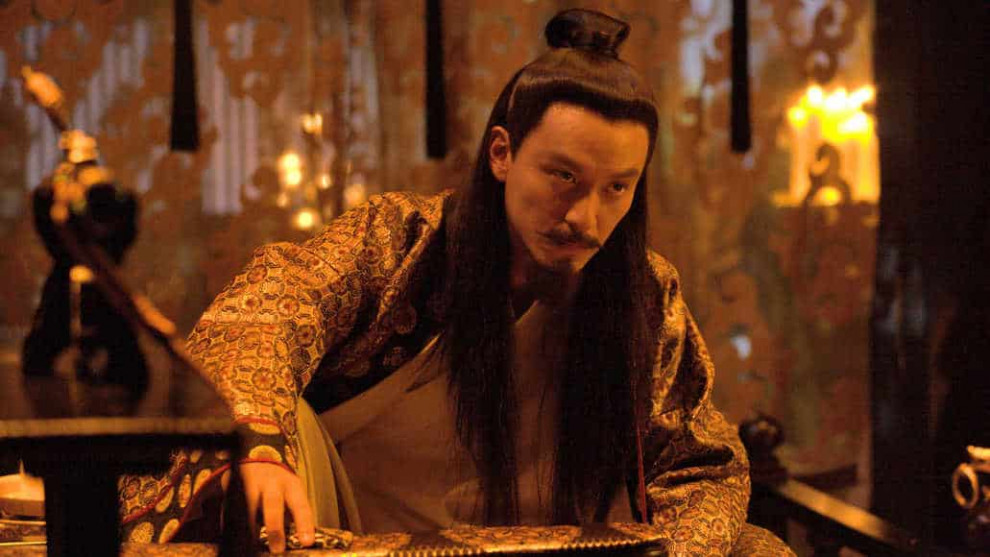

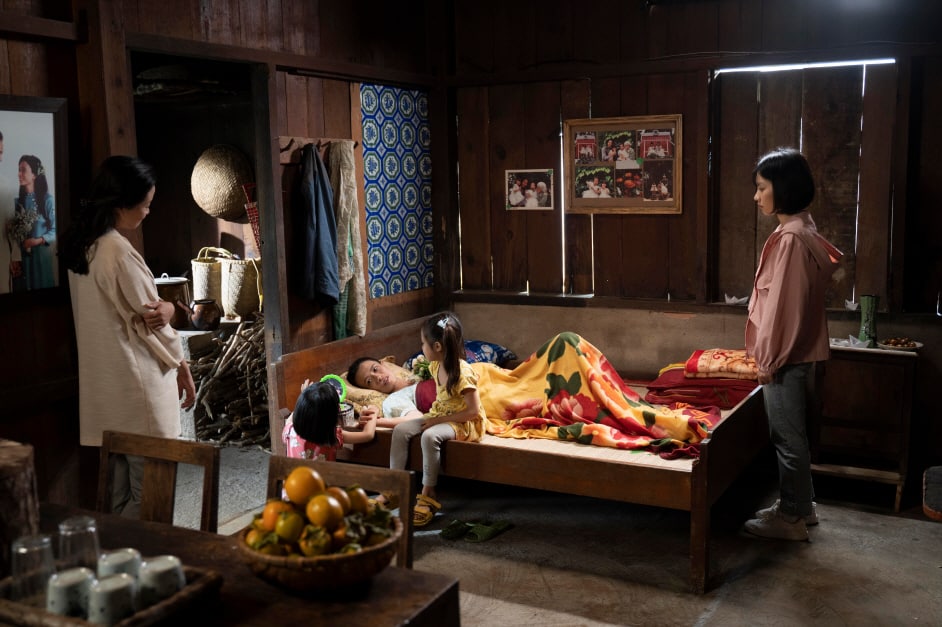

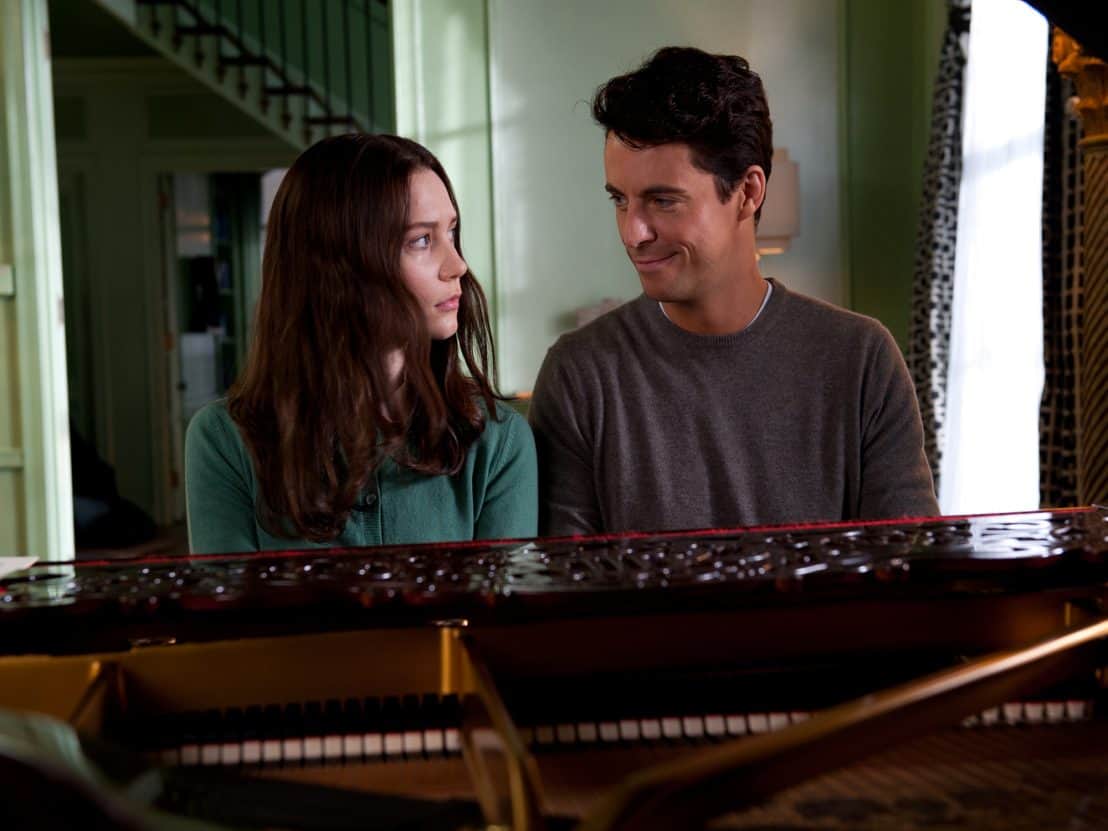
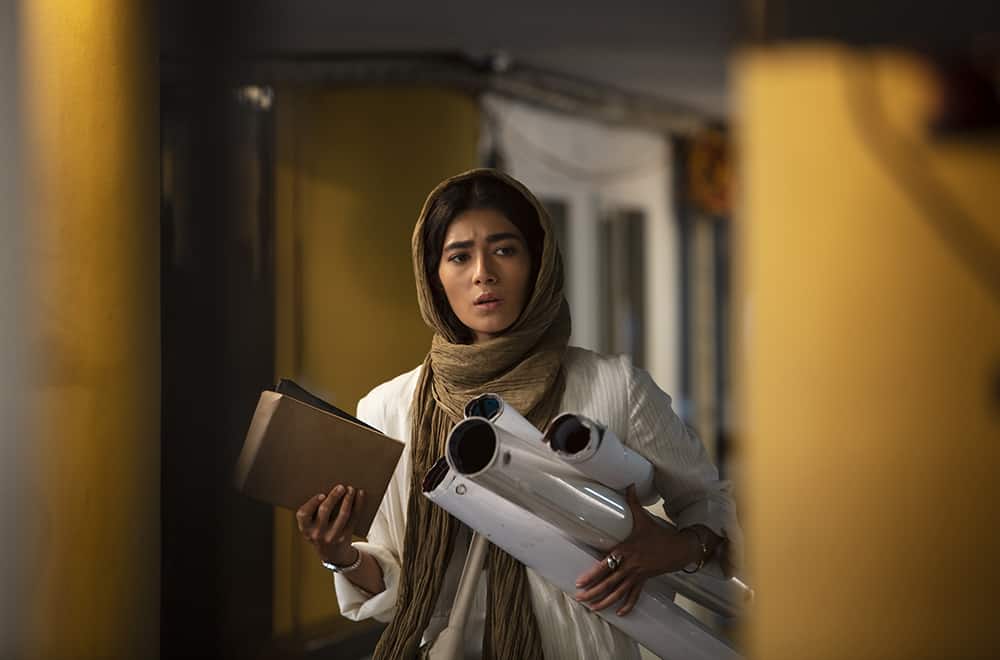
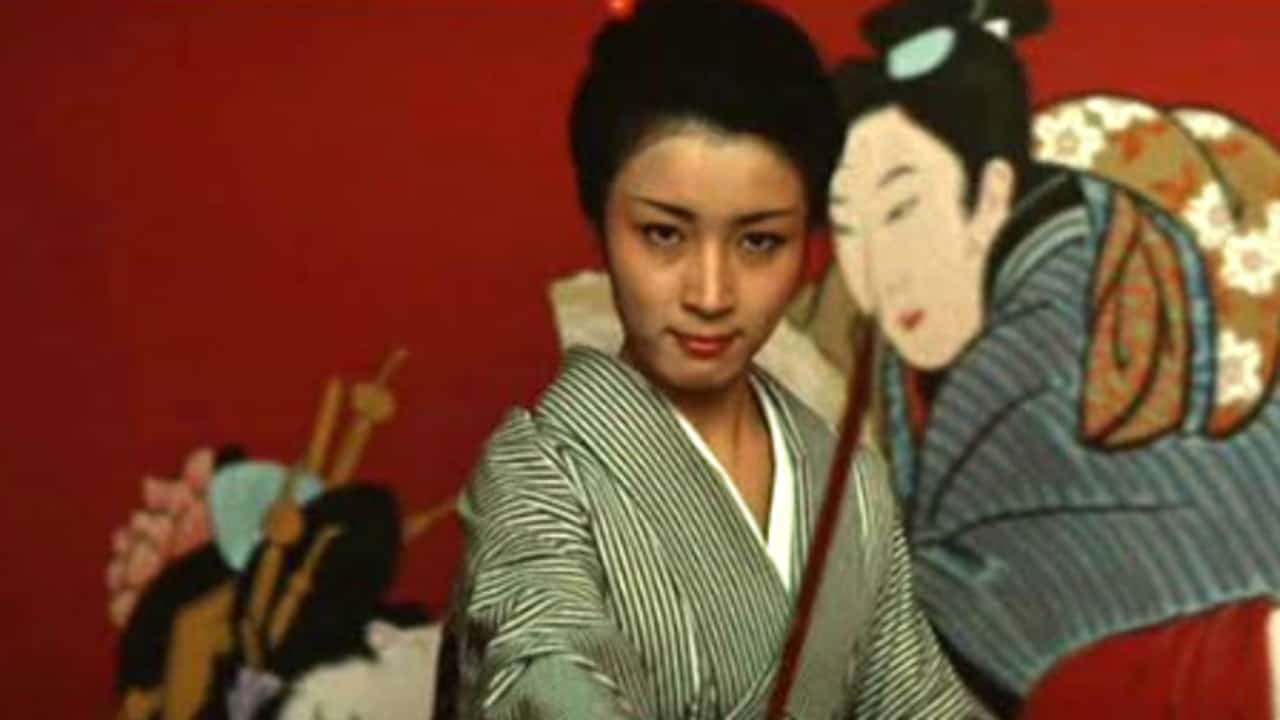







This film was quick to bore me :-( unfortunately – really wanted to like it but just got not get into it. Yes the cinematography is excellent but I really expected more… :-(
I know what you mean. It can be rather tiring at times, especially if you are expecting a regular wuxia